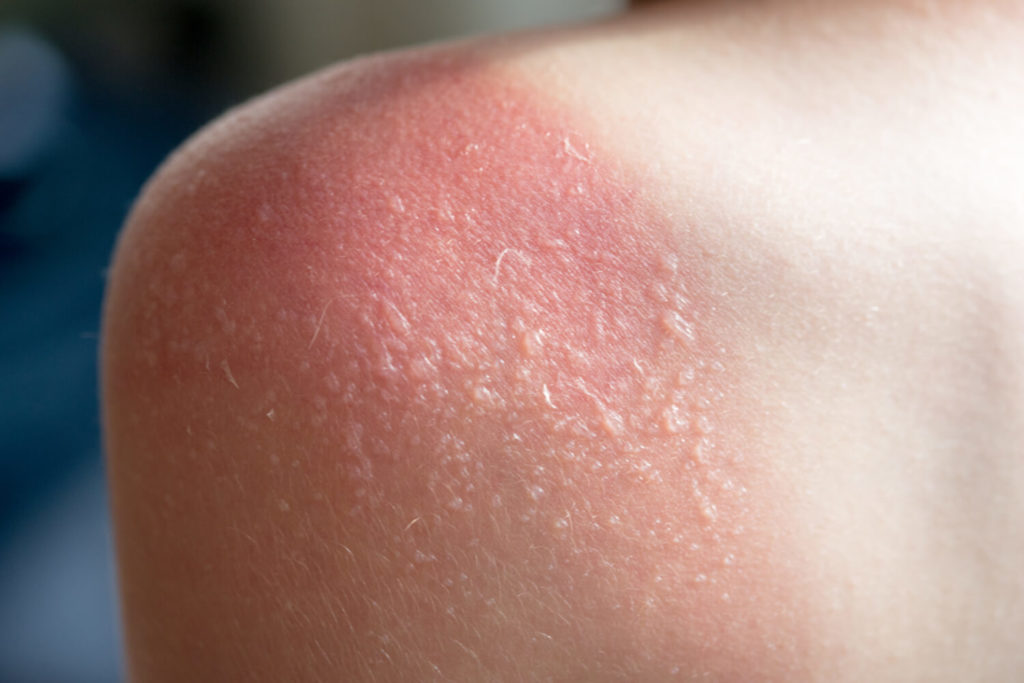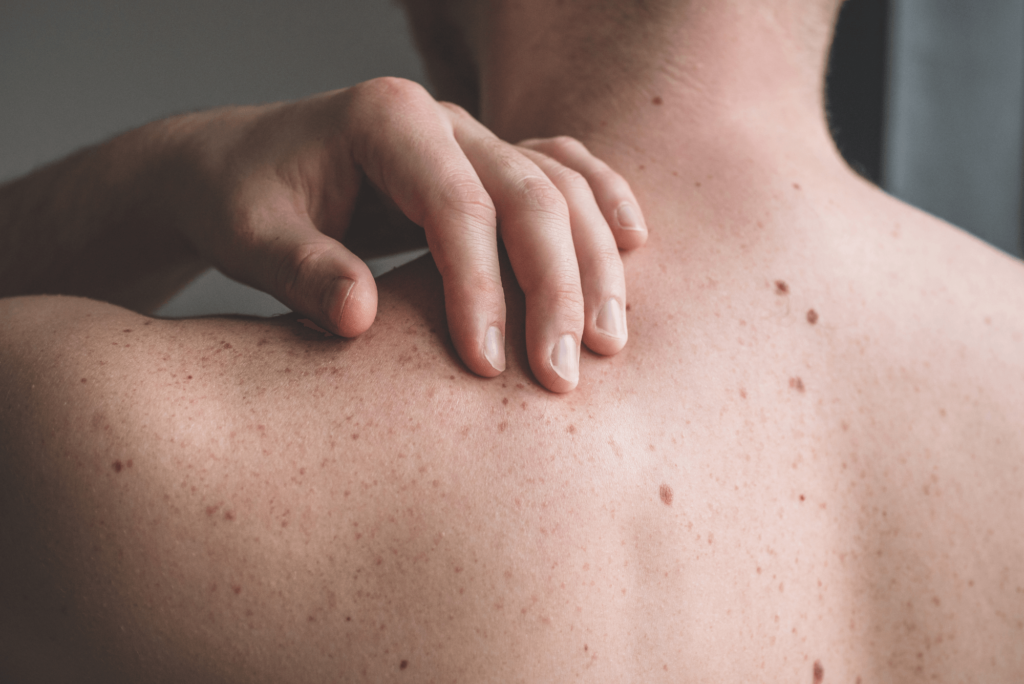Spring is here! We’ve waited many long months for warmer temps and more hours of daylight.
However, you may have noticed an uptick in sneezing, itching, and eye irritation in the past few weeks. March ushers in allergy season in Tennessee, beginning with a steep rise in tree allergens, as well as grass pollen in the weeks ahead. This is also a time of wet weather, which can increase mold growth.
Upper respiratory allergies are a common problem for people living in Tennessee. In Tennessee, we experience heavy allergy seasons in both the spring and the fall. From middle Tennessee to Asheville, NC is considered the allergy bowl of the south. March, April, and May are most difficult because of the number of allergens active at the same time; tree pollen, grass pollen, and mold. Fall can be equally menacing as ragweed fills the air for 6-8 weeks between August and October.
Uncontrolled seasonal allergies are not just annoying; they can lead to other health concerns like sinus infections, ear infections, skin infections, asthma flares, and bronchitis.
Symptoms of Seasonal Allergies
- Sneezing
- Itchy, watery eyes
- Nasal itching, drainage
- Headaches
- Fatigue
- Congestion
- Sinus Drainage
How Do I Treat My Seasonal Allergies?
People living in Tennessee need to prepare in advance for seasonal allergy season. Most over the counter (OTC) treatments work well when started at the first sign of seasonal allergy symptoms.- Begin a daily nasal saline rinse, available over the counter. Daily saline rinsing pulls allergens, particulate, and nasal mucous from the nasal passages. This clears out all of the irritants, thereby reducing inflammation, itching, and drainage. Think of this as a shower for your nose!
- Try an over the counter nose spray like Flonase, Nasocort, or Rhinocort. These nose sprays contain a safe dose of steroid, which calms inflammation in the nasal passages. These nose sprays are best utilized when allergy symptoms persist despite saline nasal rinsing.
- Start a daily antihistamine tablet. Allegra, Claritin, and Zyrtec are antihistamines available OTC and are generally well tolerated. These tablets are most effective within the first 12 hours of use and when taken on a daily basis (vs intermittently). These are especially useful if seasonal allergies cause your skin to react, too.
What Can I Do at Home to Reduce Allergy Symptoms?
- Shower daily. Rinsing allergens and particulate from skin and hair will improve all seasonal allergy symptoms including skin itching and rashes. Gentle cleansers like Dove and Vanicream are especially good for sensitive skin.
- Avoid skin care products containing dyes and perfumes. The ingredients over dry the skin and then cause irritation in the weakened skin barrier.
- Avoid skin care products containing plant / nut oils. All-natural is all the rage. Unfortunately, it is not a good idea to apply skin care products containing plant / tree / fruit / nut oils if you have allergies to those same allergens. For example, mango is a cousin to poison ivy. Yet, several skin care products contain mango. We see reactions from products like these on a regular basis. Remember, if you have reactions to airborne allergies, it’s probably not wise to rub those same plant oils on your skin.
- Keep windows closed, both in cars and in homes. Vacuum regularly to remove allergens that do get into the house.
- Change your home air filers every 2 months from now through October.
-
- Moisturize skin daily with a dye free, fragrance fee cream. Moisturizing cream doesn’t just relieve dry skin. Creams reinforce the skin barrier, making the skin less penetrable to airborne allergens and contactants. Vanicream and CeraVe cream are easy to find and gentle enough for all skin types.
When to Schedule an Appointment with Tennessee Telederm
With a few lifestyle adjustments and over the counter medications, most people can manage seasonal allergies on their own. However, these are signs you need to schedule an appointment with Tennessee Telehealth for treatment:-
- No relief after 4 days of over the counter treatment.
- Worsening of symptoms after 4 days of over the counter treatment.
- Productive cough, yellow or green nasal mucous.
- Rebound congestion from use of Afrin (we do not recommend use of Afrin as it can cause numerous side effects).
- Sinus congestion with pain in the sinus cavities. When you bend over at the waist, do you feel pain in your forehead? Your eyes? Your teeth? These are symptoms of a sinus infection.
- Worsening ear pain.




